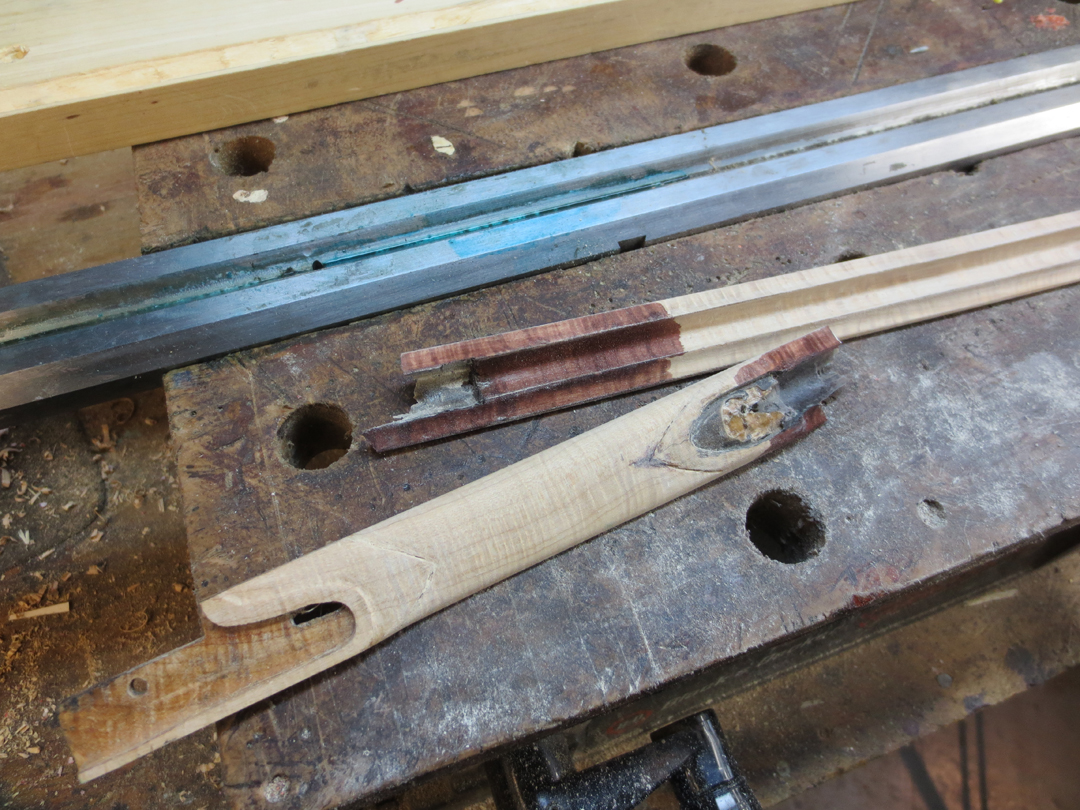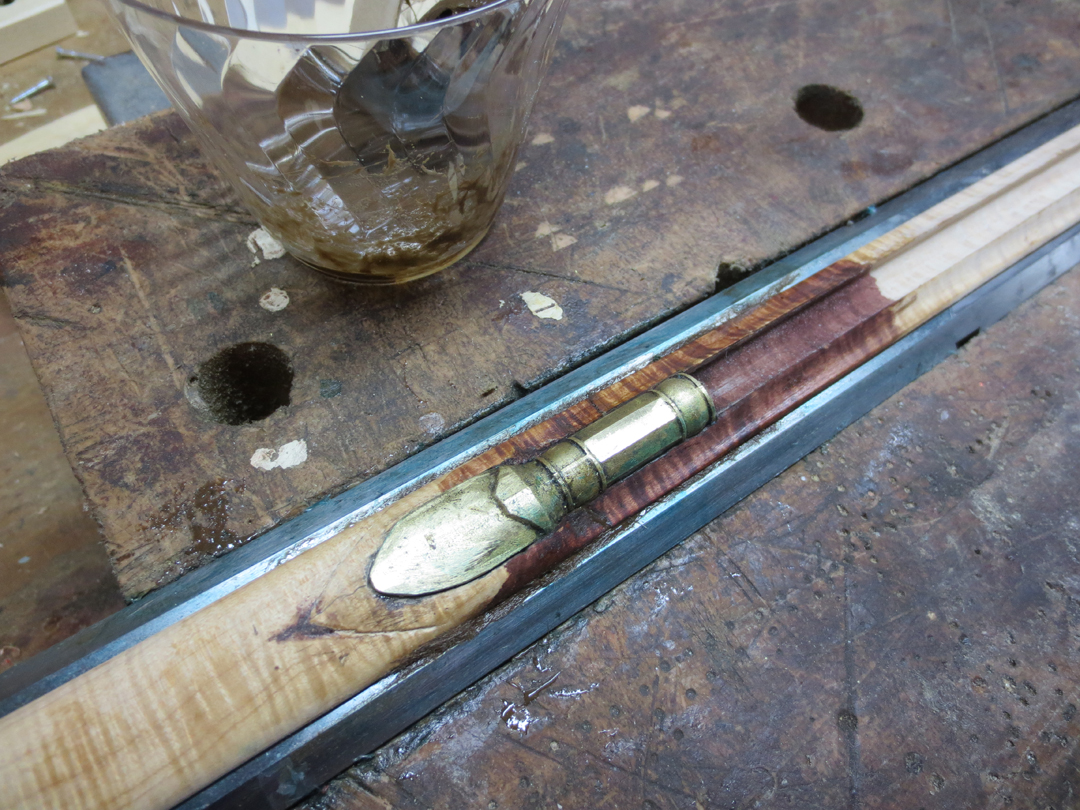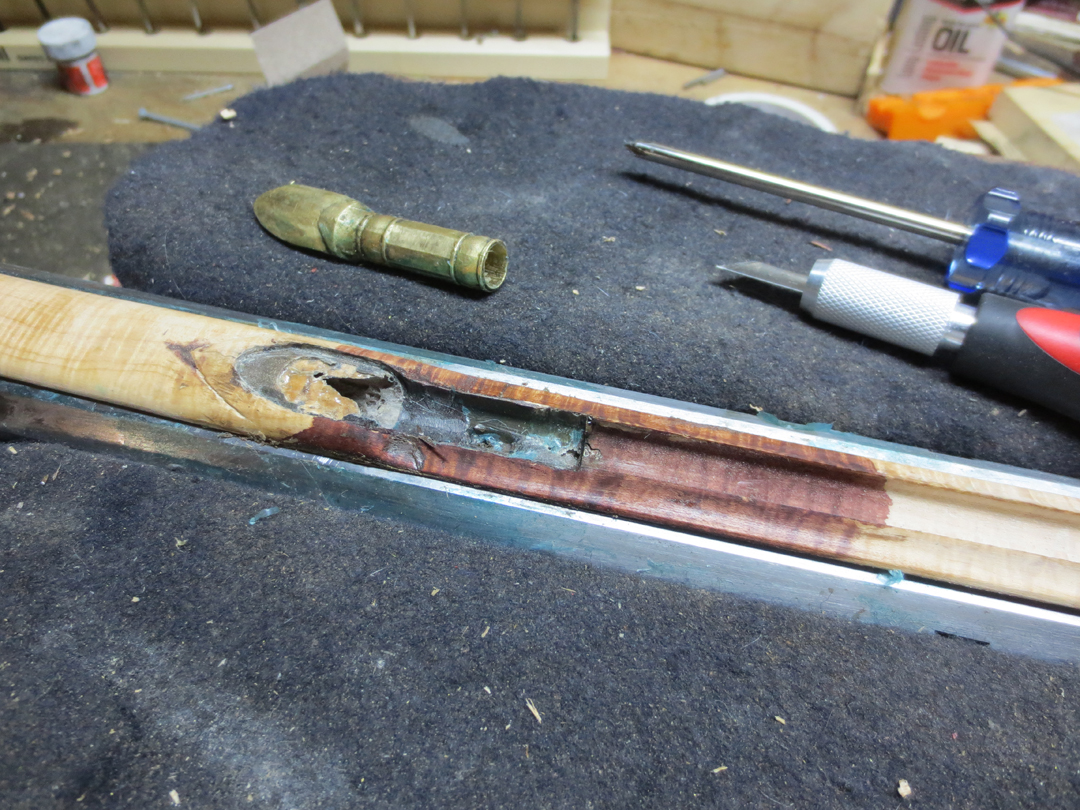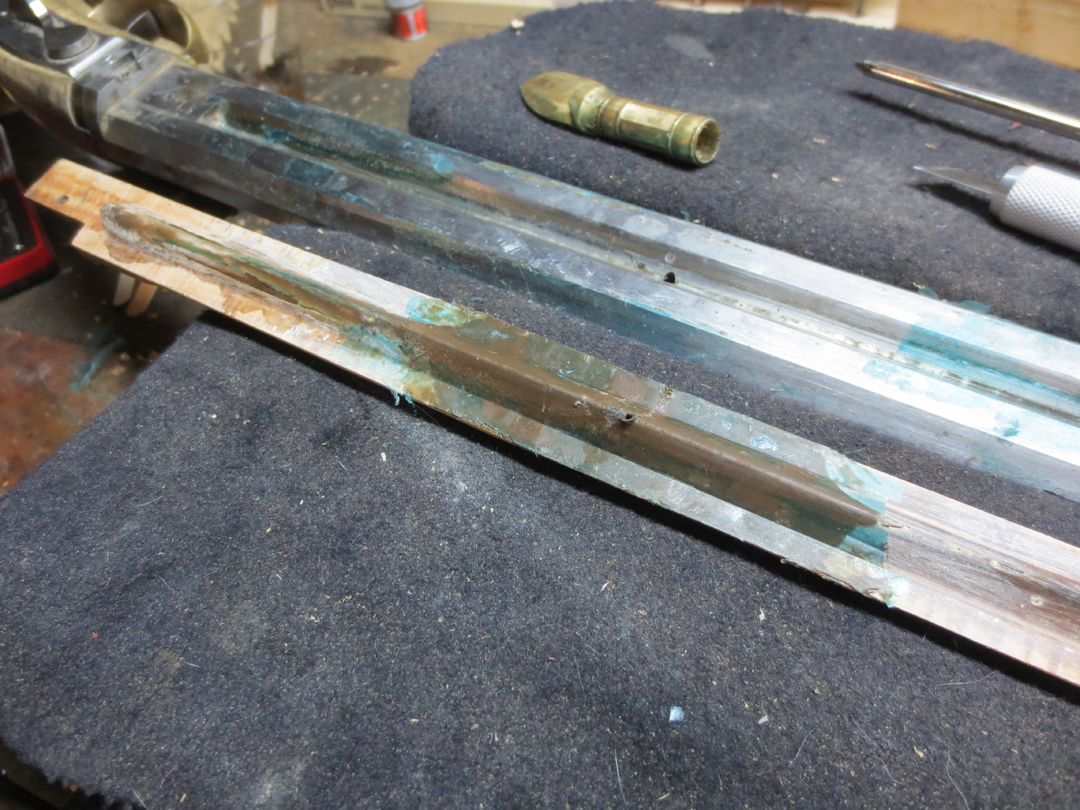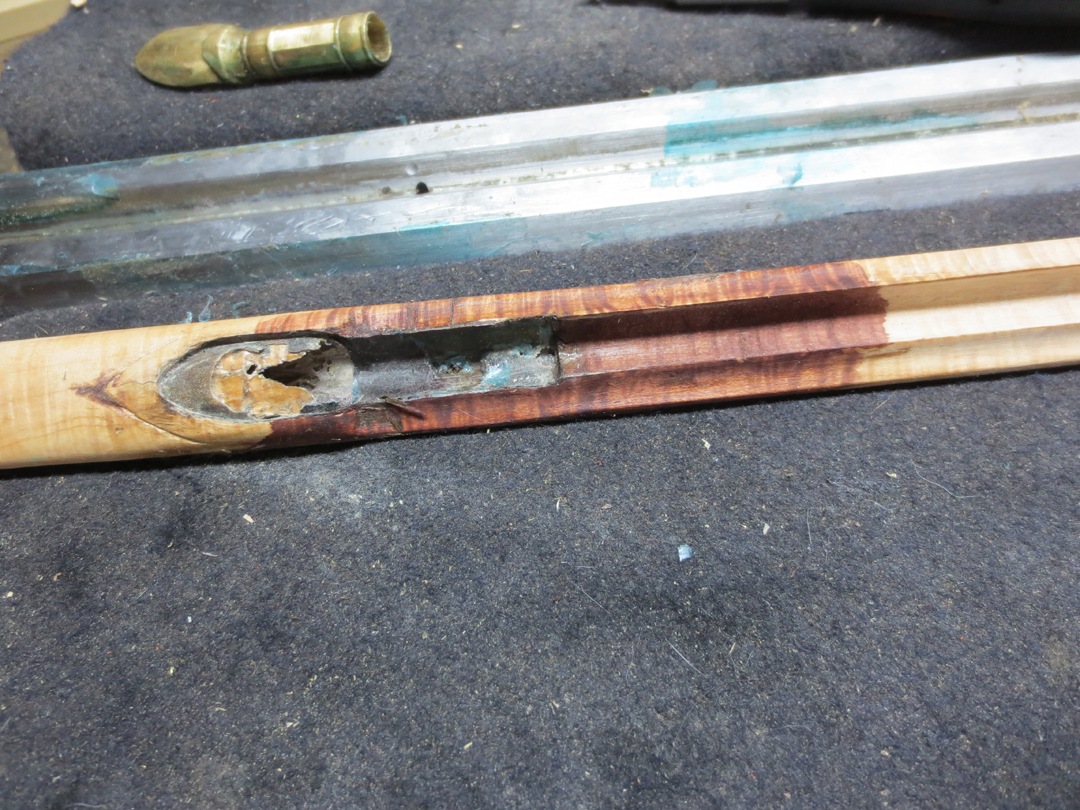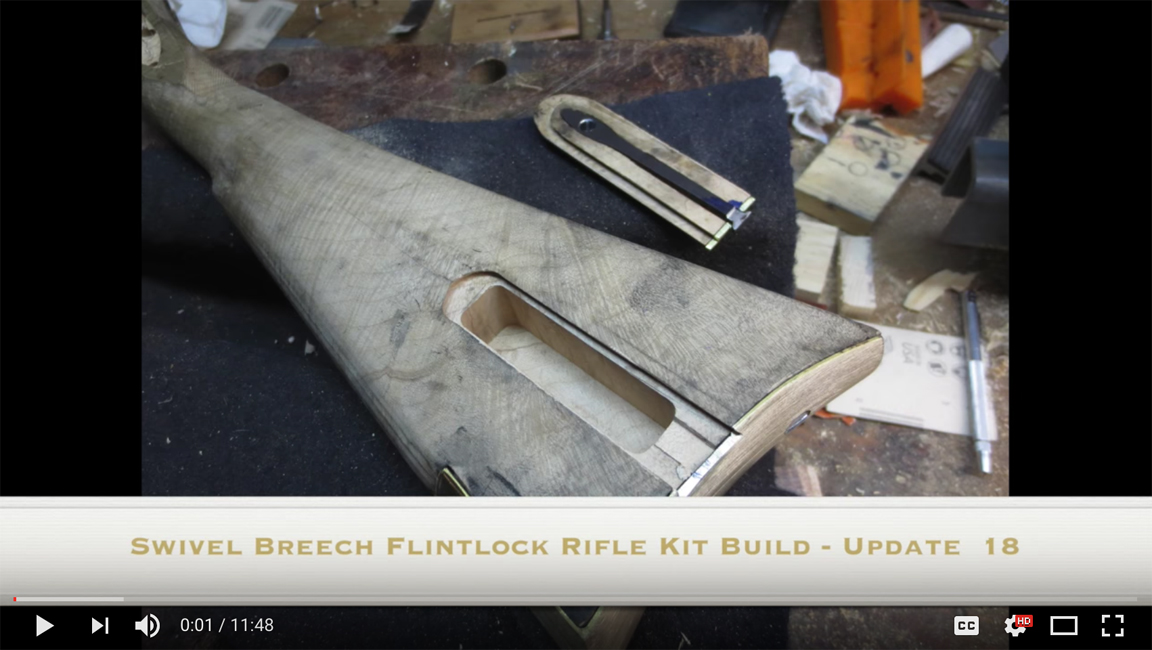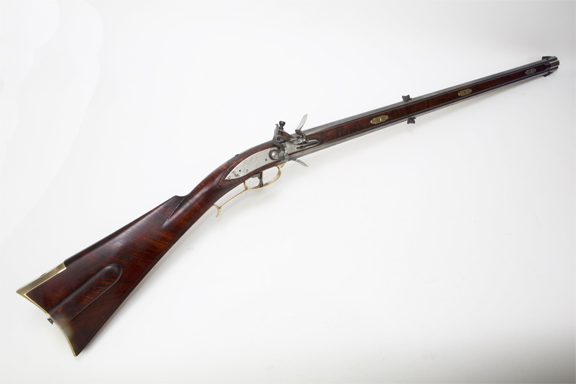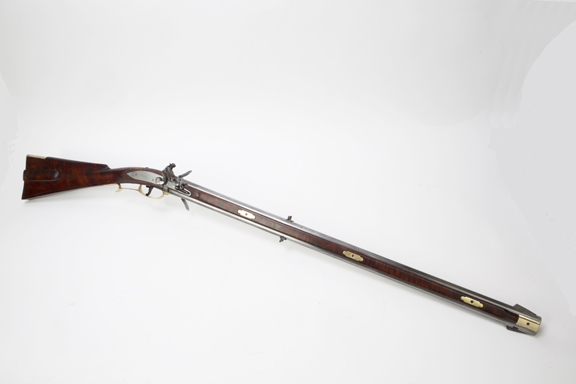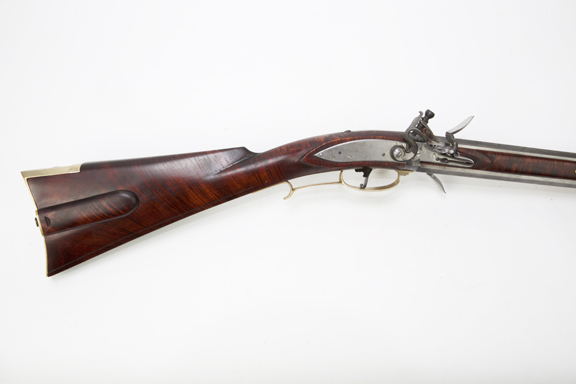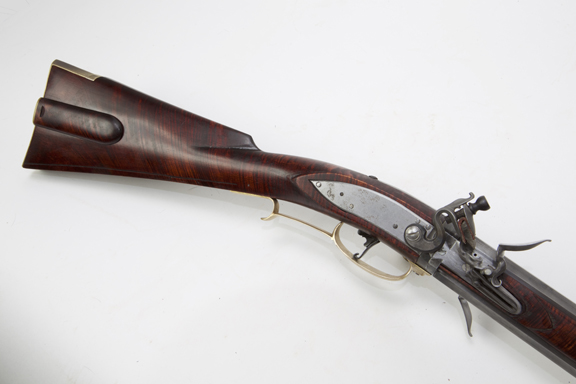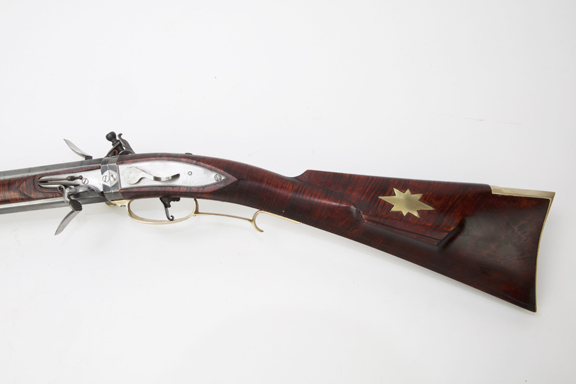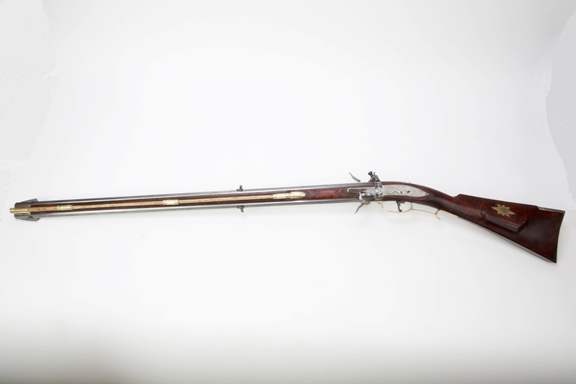duelist1954
40 Cal.
- Joined
- Jun 27, 2011
- Messages
- 430
- Reaction score
- 72
In this update I’m continuing to work on the right side fore stock panel of the swivel breech rifle from David Price. In this update I’ll cut in the lock molding and shape and rough sand the panel.
In this update you’ll get a look at a simple fixture I made to deal with those delicate side panels.
Just a reminder, I’m not a professional builder, nor am I an advanced amateur.
This is how I do things. There are probably better ways to do the work you’ll see in the video, but I don’t know what they are. I’m always open to learning better techniques.
https://www.youtube.com/watch?v=vQhCWMYTU28
In this update you’ll get a look at a simple fixture I made to deal with those delicate side panels.
Just a reminder, I’m not a professional builder, nor am I an advanced amateur.
This is how I do things. There are probably better ways to do the work you’ll see in the video, but I don’t know what they are. I’m always open to learning better techniques.
https://www.youtube.com/watch?v=vQhCWMYTU28
Last edited by a moderator:





